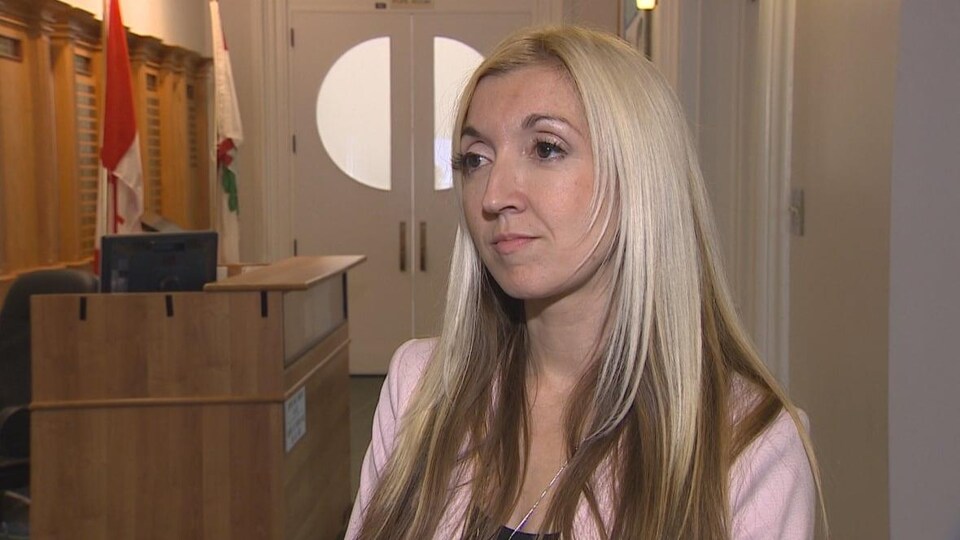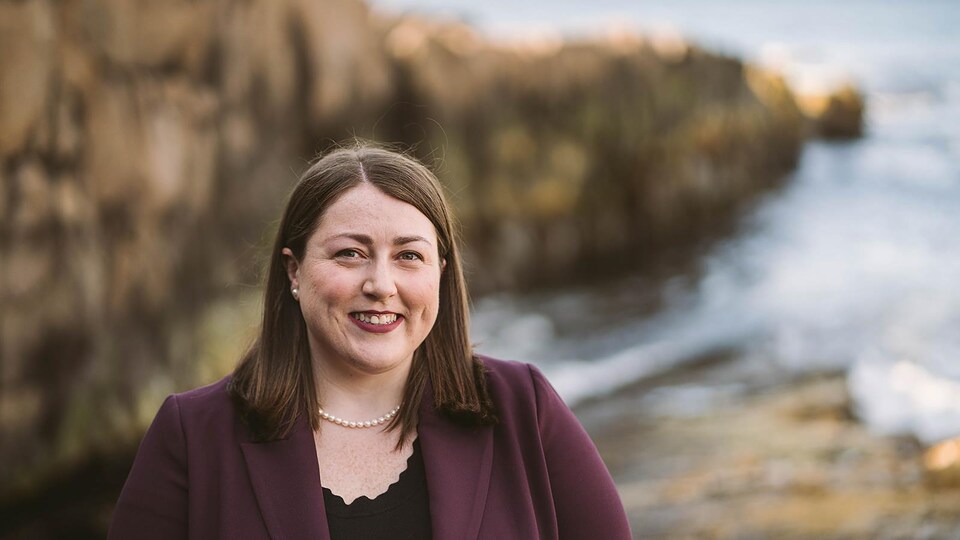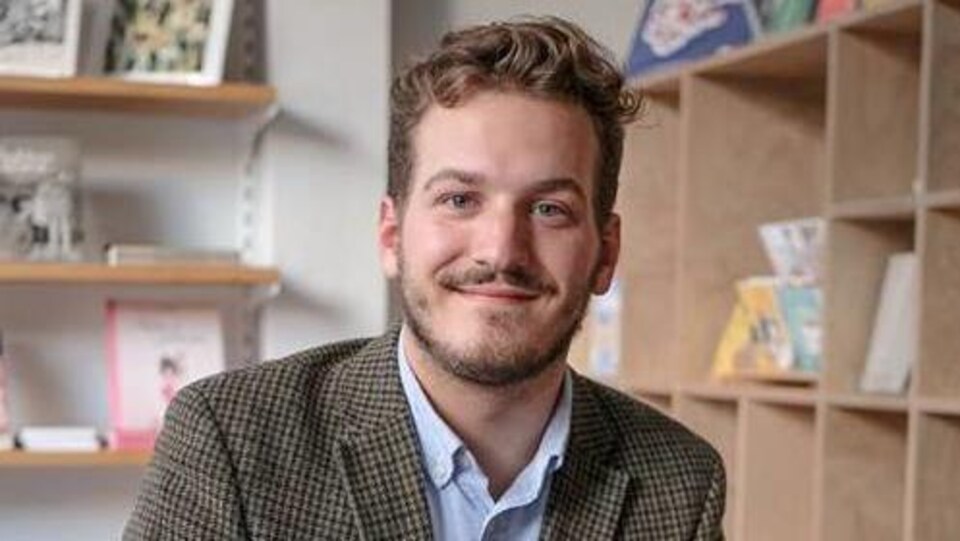The law governing the use of non-disclosure agreements in cases of harassment, discrimination or sexual misconduct began in Prince Edward Island on Tuesday.
The new law now gives victims the option to sign or no longer sign a confidentiality agreement, once they have reconciled with their harassers.
Upon entering into force of this law, Prince Edward Island thus became the first jurisdiction in the country to limit the use of these clauses that prevent victims from disclosing their experience.
These agreements aim to prevent victims from disclosing to the public certain specific information about the harassment they have experienced, particularly the identity of the harasser, in exchange for certain specific concessions, such as monetary amounts.
The new law does not prevent the harasser and the victim from establishing a settlement agreement, but it does allow the process to be framed.
For Green MP Lynne Lund, who introduced the bill in November, the purpose of the law is to give victims control when it comes time to come to an agreement with their stalker.
” Confidentiality agreements will no longer be the norm, they will be the exception. When they are used, they will only be used when people have a chance to get legal advice. “
Even if victims choose to remain silent, non -disclosure agreements should contain clauses that allow victims to waive this obligation in the future and be able to make the information public someday.
Island law also requires victims to be knowledgeable about their rights so they can make the best choice for them.
Confidentiality clauses, a common practice
Toronto attorney Elizabeth Grace, who has represented clients in such disputes for more than 25 years, indicates that this type of confidentiality agreement is still common.
These clauses leave survivors to choose whether or not to speak out about what happened.lawyer’s explanation.
These confidentiality agreements protect the identities of aggressors who remain hidden and continue to engage in sexual misconduct, according to Elizabeth Grace.
This prevents the public from knowing that there are sexual predators in our societyhe says.
According to Allison Conway, an attorney from Newfoundland and Labrador who has previously represented victims of sexual abuse, institutions or harassers who have decided to negotiate generally wants to protect their reputation.
They want to avoid public litigation in court, and it is important for them to make a settlement agreement to avoid going to court.explained Allison Conway.
Some victims also prefer to opt for an out-of-court settlement to avoid a trial that can be difficult and traumatic, he said.
The Healing Process
Quebec lawyer and doctoral law student at the University of Toronto, Michaël Lessard believes these confidentiality agreements hinder the victims ’healing process.
We see this in some parts of the country, very extensive confidentiality agreements, which can prohibit telling facts to relatives, friends, even health professionals, psychologists and social workers, and can affect the process. of the healing of the victims.he explains.
Michaël Lessard also stressed that the implications of victims ’choices must be clearly shown so that these people know their rights.
This is an example of accessibility to justice, in terms of understanding the promises into which one enters. […] This process is based on the fact that we must give victims legal advice and the text of the agreement.he says.
Cases and court holes
Attorney John McKiggan, who has represented many victims of sexual abuse, believes the island’s law could lead to fewer negotiations between the parties.
Harassers may prefer not to compromise and go to court, as their identity may sooner or later be revealed by victims.
” In most cases, the abuser is multiple victims. Where there is one victim, there are ten, so abusers fight hard to keep this type of behavior secret. “
Allison Conway also believes the law could make negotiations between the parties more complicated in some cases.
It is possible that some parties think that if we cannot get an agreement on confidentiality, perhaps it is appropriate to go to court and deny the allegations.lawyer’s explanation.
Attorney Michaël Lessard also points to a gap in island law.
According to him, the law does not take into account confidentiality agreements established outside the settlement process.
For example, employers who, in order to accept a complaint of harassment or sexual assault, ask for a confidentiality agreement when the complaint is filed. The law is not interested in this type of situation.he explains.
In Allison Conway’s opinion, the island’s law sets a precedent for other Canadian provinces.
In Nova Scotia, a bill similar to the one on the island is in the drafting process.
With information from CBC
Source: Radio-Canada


